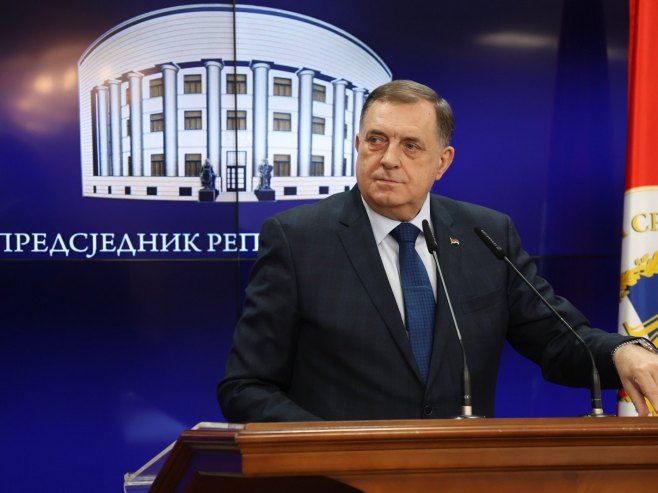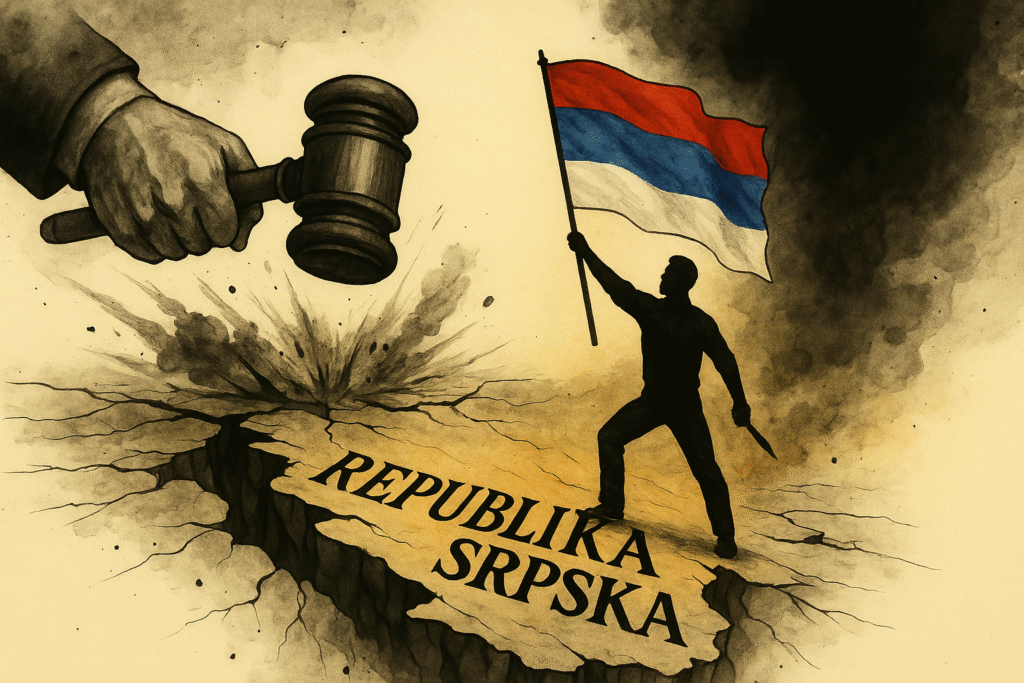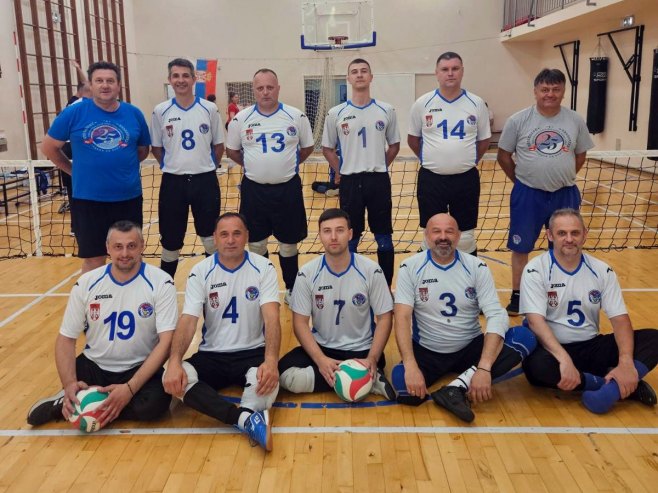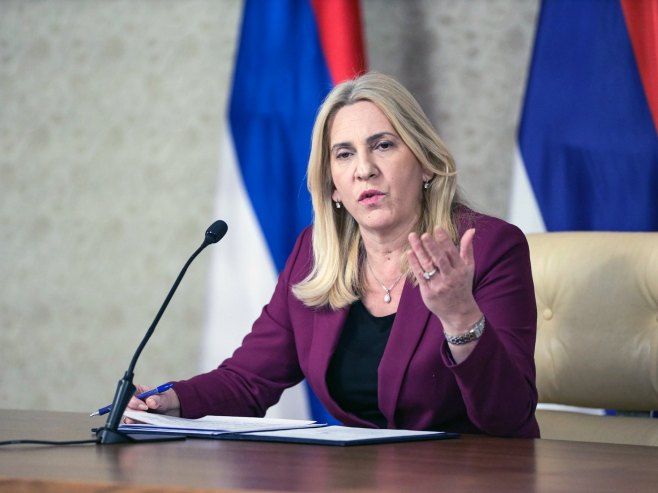In recent days, several relevant Greek media outlets and analytical platforms have addressed the verdict against the President of Republika Srpska, Milorad Dodik, and the broader legal-political context in Bosnia and Herzegovina. Reports published by SLPress, Directus, E-Enimerosi, and Anixneuseis analyze the situation from both legal-political and geopolitical perspectives, with a particular focus on the role of the so-called High Representative and the responses from Republika Srpska authorities.
The portal SLPress.gr cites the Head of the Republika Srpska Representation in Greece, Jelena Jovanović, who described the verdict against Dodik as “judicial theater” with a predetermined outcome, noting that the proceedings prioritized political elimination over constitutional principles.

The article emphasizes that a key role in this process is played by an unelected foreigner who proclaimed himself High Representative without approval from the UN Security Council.
The portals E-Enimerosi and Anixneuseis describe the confirmation of Dodik’s verdict as a genuine “political earthquake” in BiH.
These outlets stress that this is the harshest sentence handed down to any current elected leader in the country, warning that such a verdict has direct implications for the constitutional order, entity sovereignty, and the delicate balance between the three constituent peoples.
Analysts in the Greek media highlight that Dodik is being prosecuted for refusing to implement decisions by the High Representative, decisions that were not passed through democratic institutional mechanisms but instead imposed without the consent of local legislative bodies.
The portal Directus.gr reports that Dodik rejected the verdict by the BiH Court, calling it politically motivated and legally unsustainable. The outlet also notes that Republika Srpska is seeking alternative international partnerships at a time when the European framework is losing legitimacy in the eyes of the Serb entity.
A common theme in all these analyses is a strong warning that current judicial and political pressure on Republika Srpska sets a dangerous precedent that could undermine the foundational pillars of the Dayton Peace Agreement.
Greek commentators recognize ongoing centralization efforts in BiH as a strategy by certain Western actors, ignoring the will of one of the three constituent peoples. They stress that this trend should be viewed in a wider geopolitical context, with BiH increasingly becoming a testing ground for solutions imposed outside institutional and international legal frameworks.
Greek media maintain a critical tone regarding how parts of the international community—particularly certain representatives—are interfering in BiH’s internal political processes.
At the same time, they note that the authorities of Republika Srpska are not only defending entity-level competencies, but also upholding the principles of constitutional order, international law, and the political balance enshrined in the Dayton Peace Agreement.
Source: RTRS









